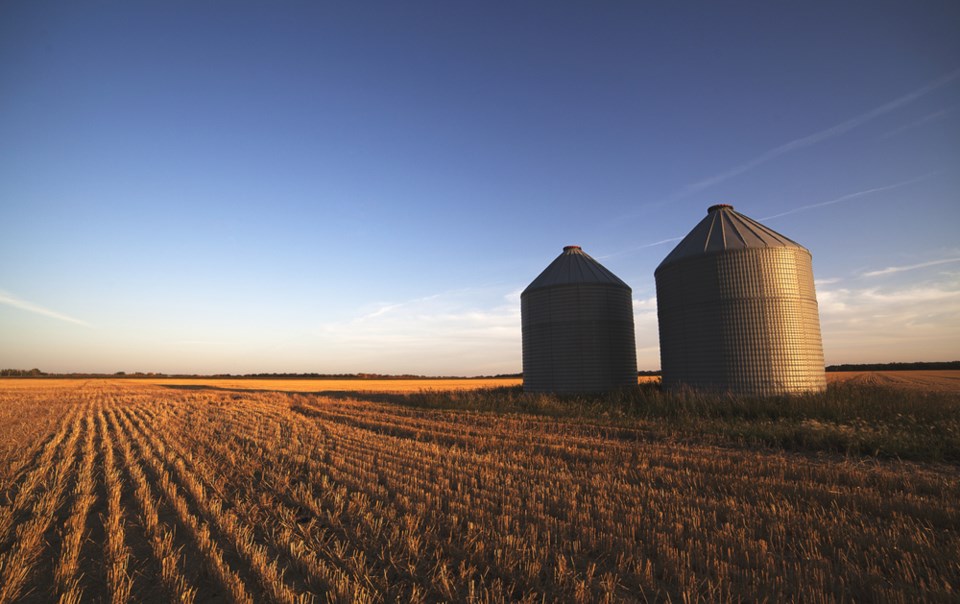According to a Canadian Federation of Independent Business report, confusing forms, bad customer service and excessive government regulations are leaving 69 per cent of Canadian farmers questioning whether their children should take over the farm or start their own business. Excessive bureaucracy is creating a more burdensome concern for farmers with all the government’s requirements to fill out more and more forms.
Marilyn Braun-Pollon, CFIB’s vice-president for agri-business said, “With 41 per cent of farmers planning to retire in the next 10 years, we are seeing producers asking the big question – will the next generation want to take on the ever-mounting burden of red tape?”
“Red tape can show up in many ways. For example, CFIB recommended, for years, that Statistics Canada should not send out surveys to farmers during peak periods. In fact, 92 per cent of farmers agree that there should be a black-out of surveys during their busiest times. Yet, surveys are still required during spring seeding,” added Braun-Pollon. “While governments are great at celebrating agriculture and have taken some steps to try to curb the growth of red tape at the farm gate, it is time they make meaningful changes so farmers feel they are being heard instead of unnecessarily over-regulated.”
Canada Revenue Agency (59 per cent), the Canadian Food Inspection Agency (46 per cent), environmental regulations (45 per cent), and Statistics Canada (40 per cent) were voted as the most burdensome agencies and regulations by farmers.
Given the Government of Saskatchewan’s strong leadership and commitment to reducing unnecessary red tape, Saskatchewan is making headway. The ‘Help Cut Red Tape’ web page, will be an easy way for businesses and residents to submit their red tape headaches directly to the government and have them addressed.
The hope is that farmers will see tangible results following a federal government’s announcement to remove trade barriers within Canada, including barriers to interprovincial trade in agri-food products by reducing duplication of forms, both federal and provincial, especially those related to meat inspection.




